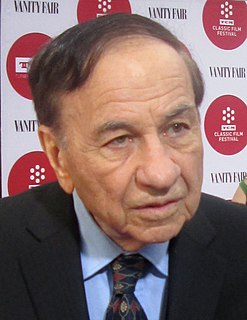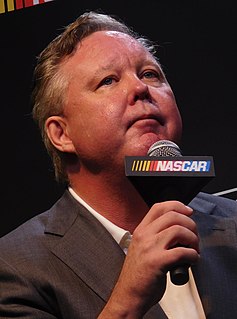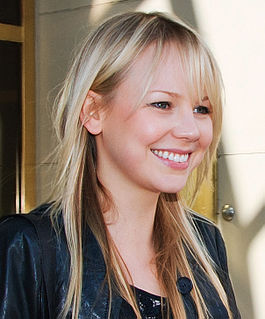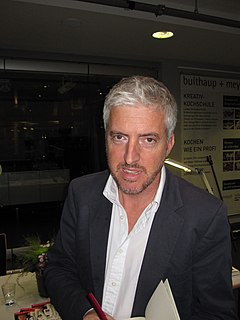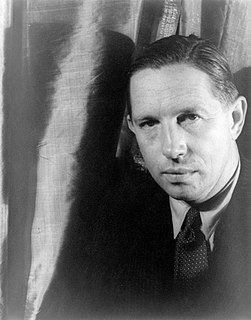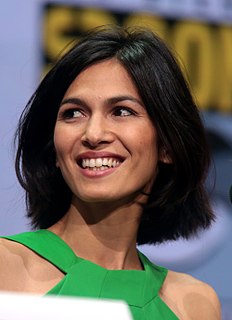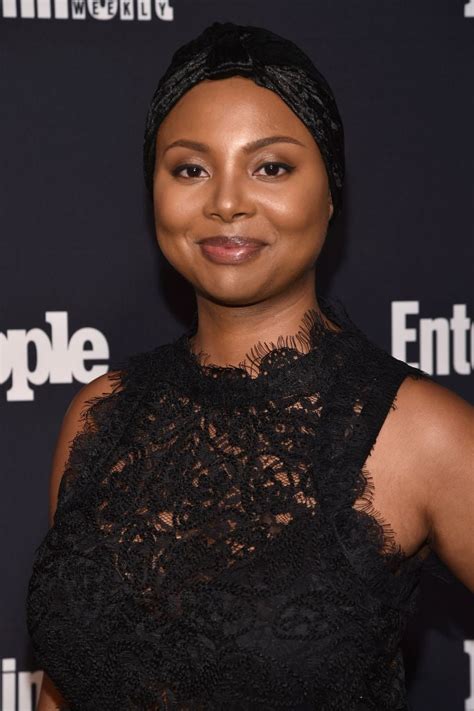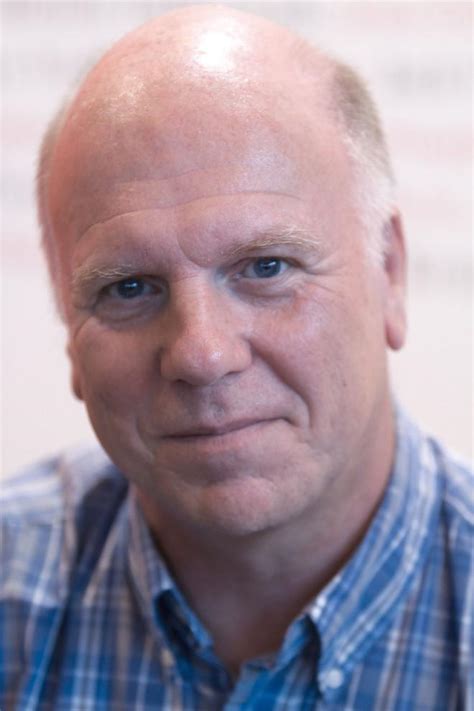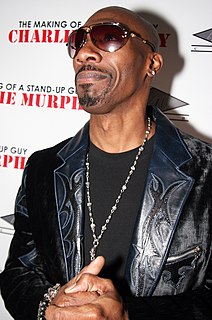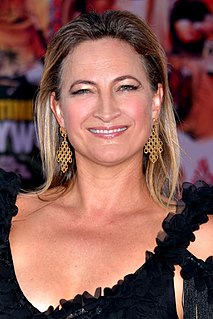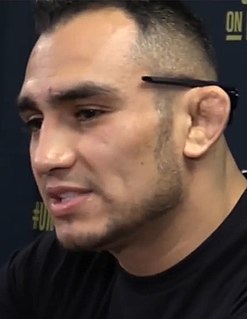Top 1200 Short Story Quotes & Sayings - Page 16
Explore popular Short Story quotes.
Last updated on April 21, 2025.
The short story is so much about inevitability and this feeling that things always had to be this one way, and I wanted the apocalypses to blow that idea apart. I hope it feels that way. I hope the book invites people to read the stories in order and then, if they feel like it, maybe not read them in order the next time.
It's the form it takes when it comes out the other side, of course, that gives a story something unique--its life. The story, in the way it has arrived at what it is on the page, has been something learned, by dint of the story's challenge and the work that rises to meet it--a process as uncharted for the writer as if it had never been attempted before.
Own one idea. Complete it. Map the current model of purchase and usage. Change how it is done so at least some part of the market uses only your product. Extend from that core user to a much broader universe. Describe your concept in a very short, "six-word story" - a la Ernest Hemingway: "For sale: baby shoes, never worn."
Memoirists, unlike fiction writers, do not really want to 'tell a story.' They want to tell it all - the all of personal experience, of consciousness itself. That includes a story, but also the whole expanding universe of sensation and thought ... Memoirists wish to tell their mind. Not their story.
America has this fascination with glorifying the villain and not talking about the trials and tribulations. We tell the story of the successful villain a lot of times, but we don't tell the story of the people who don't come out so successful, and we don't tell the story of all the bystanders of that choice.
Hateful material travels the globe. A few years ago, CNN, America's Der Sturmer, ran a story about Black parents being so low down that they abandoned their children and the children had to eat rats. I was at a University in Wisconsin at the time and the mother of a student from South Africa called to see whether the story was true. She had seen it all the way over there. The story was untrue. The children lied. CNN never corrected the story.
I foresee great refinements in the field of short-pulse microwave signaling, whereby several simultaneous programs may occupy the same channel, in sequence, with incredibly swift electronic communication... Short waves will be generally used in the kitchen for roasting and baking, almost instantaneously...
Some of the writers definitely got inspired by some of the story lines, but we are evolving in the 'Daredevil' story. So when it comes to 'Elektra', they didn't follow one of her specific story lines, you know. They really tried to capture what comes through the comics, but there's not one specific storyline.
I think the difference between a lie and a story is that a story utilizes the trappings and appearance of truth for the interest of the listener as well as of the teller. A story has in it neither gain nor loss. But a lie is a device for profit or escape. I suppose if that definition is strictly held to, then a writer of stories is a liar - if he is financially fortunate.
The best advice I can give on this is, once it's done, to put it away until you can read it with new eyes. Finish the short story, print it out, then put it in a drawer and write other things. When you're ready, pick it up and read it, as if you've never read it before. If there are things you aren't satisfied with as a reader, go in and fix them as a writer: that's revision.
Comic books are just a way to show a story. Then there are the movies, and television and exhibits like this that take the stories and make them seem so realistic. In the comic book, you're just reading a story - hopefully a good, exciting story that whets your appetite for all of this stuff to come.
Some people ask why we don't just wait until we have the whole story before posting. The fact is that we sometimes can't get to the end story without going through this process... When a story is up and posted, it's amazing how many people come out of the woodwork to give us additional information... And readers love it.
I used to write my own versions of famous tales, such as William Tell or Robin Hood, and illustrate them myself, too. When I entered my teens, I got more into horror and science fiction and wrote a lot of short stories. A literary education complicated things and for many years I wrote nothing but poetry. Then I got back to story-telling.
Technology adds nothing to art. Two thousand years ago, I could tell you a story, and at any point during the story I could stop, and ask, 'Now do you want the hero to be kidnapped, or not?' But that would, of course, have ruined the story. Part of the experience of being entertained is sitting back and plugging into someone else's vision.
One of the ways in which writers most show their inventiveness is in the things they tell us about how they write. Generally speaking, I don't like to make a plan before I've written a story. I find it kills the story - deadens it, makes it uninteresting. Unless I'm surprised by something in a story, the reader's not going to be surprised either.
Artists are not helper monkeys; they’re not in it to visualize 'your' story, because it stopped being 'your' story the moment you engaged in a collaborative medium. From here on in, it’s also the artist’s story, and if you’re working with an illustrator who’s any good at all, you as a writer have to tamp down any control-freak tendencies you suffer under and relax into the process.
Creators, makers of the new, can never become obsolete, for in the arts there is no correct answer. The story of discoverers could be told in simple chronological order, since the latest science replaces what went before. But the arts are another story- a story of infinite addition. We must find order in the random flexings of the imagination.
Robert McKee says humans naturally seek comfort and stability. Without an inciting incident that disrupts their comfort, they won’t enter into a story. They have to get fired from their job or be forced to sign up for a marathon. A ring has to be purchased. A home has to be sold. The character has to jump into the story, into the discomfort and the fear, otherwise the story will never happen.
I pretty much drink a cup of coffee, write in my journal for a while, and then sit at a computer in my office and torture the keys. My one saving grace as a writer is that, if I'm having trouble with the novel I'm writing, I write something else, a poem or a short story. I try to avoid writer's block by always writing something.
I didn't know how story worked. So, when writing the screenplay, people introduced me to the science of it. And I'm grateful. I'll probably use that information for the rest of my career, in terms of writing novels or writing stories. And then, of course, to help me live a better story, a more meaningful story
I sold my first short story while I was home on maternity leave, then began working on novels. Since I was reading and enjoying romance novels at the time, the first two unpublished manuscripts I wrote were both romances. I sold my third novel, 'Call After Midnight,' to Harlequin Intrigue after submitting it unagented.
In this tradition a story is 'holy,' and it is used as medicine," she told Radiance magazine. "The story is not told to lift you up, to make you feel better, or to entertain you, although all those things can be true. The story is meant to take the spirit into a descent to find something that is lost or missing and to bring it back to consciousness again.
The Greeks used to use the same stories, the same mythology, time after time, different authors. There was no premium placed upon an original story, and indeed, Shakespeare likewise. A lot of people wrote plays about great kings. They didn't expect a brand-new story. It was what that new author made of the old story. It is probably the same now. We disguise it by inventing what seem to be new stories, but they're basically the same story anyway.
When we're in the story, when we're part of it, we can't know the outcome. It's only later that we think we can see what the story was. But do we ever really know? And does anybody else, perhaps, coming along a little later, does anybody else really care? ... History is written by the survivors, but what is that history? That's the point I was trying to make just now. We don't know what the story is when we're in it, and even after we tell it we're not sure. Because the story doesn't end.
